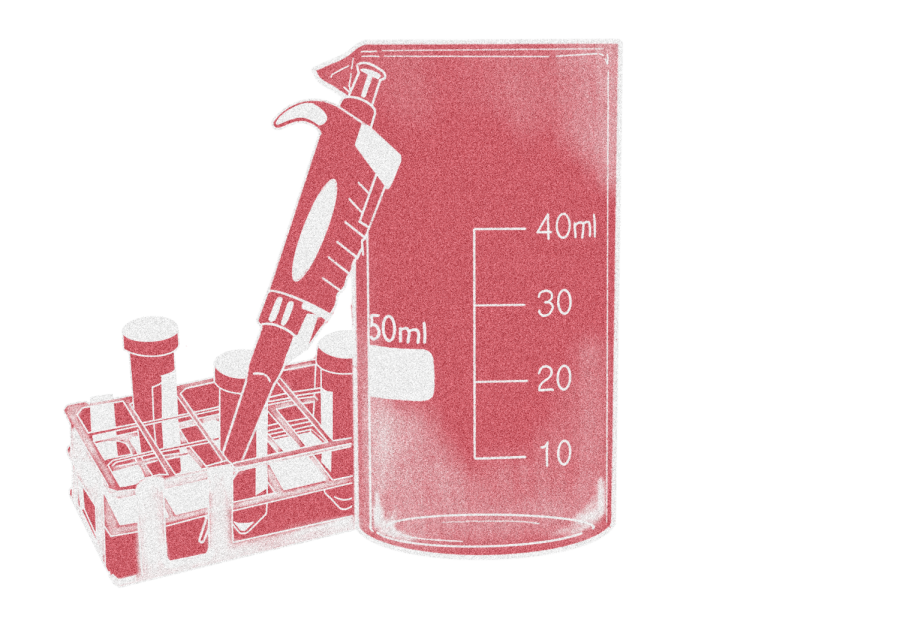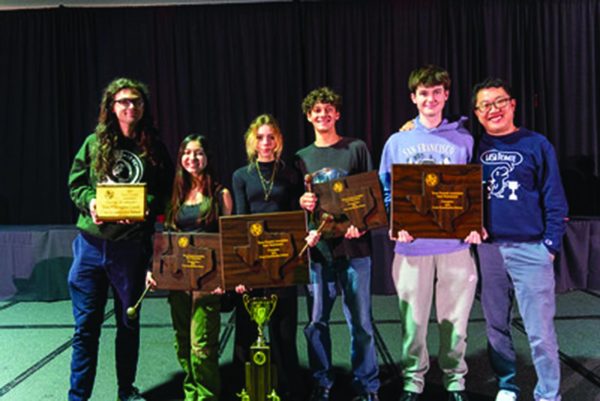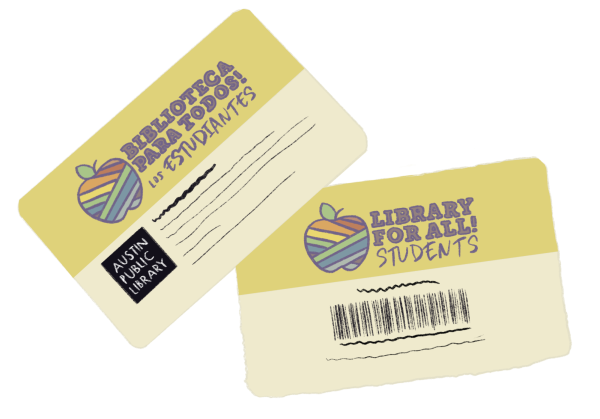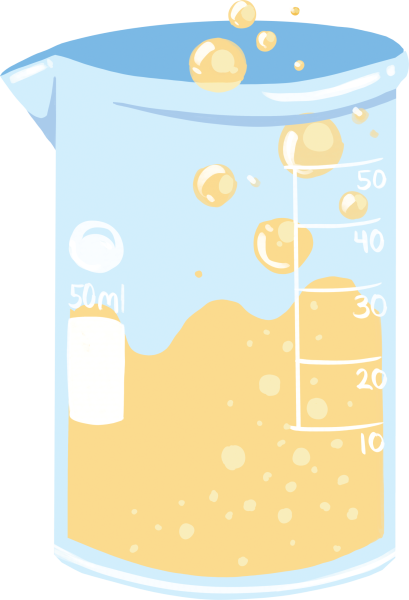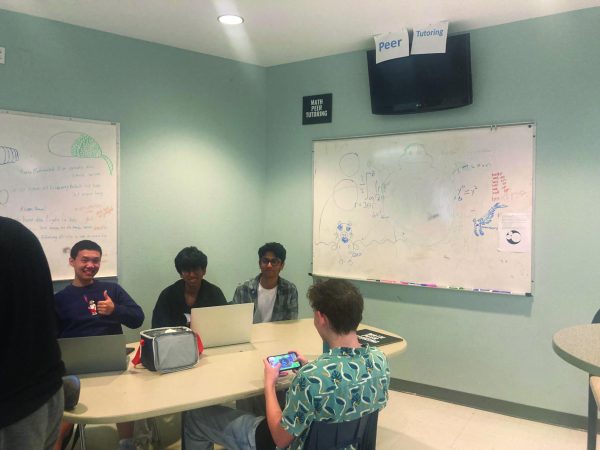Biotech Across The Globe
March 6, 2023
Led by Biotechnology teacher Joseph Oleniczak, LASA’s biotechnology program includes hands-on learning, in which students conduct experiments in labs. In these labs, students can create glow-in-the-dark cells, sequence the DNA of insects they find, and look for mutations in their own DNA. Biotech is a popular class at LASA, with many students competing to take the class.
Students in Biotechnology I engage in introductory training for using biotechnology lab equipment and techniques, and explore DNA technologies, protein technologies, ethics, and applications. Second-year Biotechnology students are able to participate in formal internships supervised by a university or industry mentor to apply what they learned in Biotechnology I. On Dec. 19, 2022, a group of students from Biotechnology II worked on a proposal on drug testing that was accepted by a research program in Japan. The six seniors behind the proposal, Jay Campanell, Richa Kalari, Gabriel Keller, Amelise Morrison, Sophie Sun, and Zachary Suri, will be traveling to Tokyo on Feb. 24th to complete the project. Keller described how he and Campanell found out about the opportunity to have their project funded.
“One day, Mr. Oleniczak, knowing that Jay and I were both taking Japanese, mentioned an email he got about a research program in Japan,” Keller said. “Knowing that teachers (and students alike) get these types of emails all the time, and that they often cost thousands of dollars, we didn’t think much of it, and thus were hardly listening to him until we heard him say ‘… and the program is all expenses paid!’ We were really surprised and immediately knew this was a great opportunity to not pass up.”
Campanell was one of the students who worked on finding funding for the project, which is being paid for by Pfizer Japan and the Japanese government. Campanell already knew a Pfizer researcher through a summer internship at George Washington’s Biostatistics Center.
“His name was Toshimitsu Hamasaki, and he worked at Pfizer in Japan as well as the PMDA, Japan’s equivalent of the FDA,” Campanell said. “One day we went out to lunch, and I told him about this program that I wanted to do. He was already familiar with it because he had helped a Ph.D. student in France help go to Japan to do research. He was very kind and offered to set us up with the R&D department at Pfizer Japan with his former colleagues and from there we worked on our proposal and eventually submitted it.”
Every time a new drug is created, it has to pass certain trials to make sure it’s safe for the general public. According to Suri, the goal of the research project is to look at the effects of differences between trials in the U.S. and Japan.
“Japan, demographically, is a much more homogenous society than the United States,” Suri said. “We’re looking at how that affects the development of drugs and the regulation of pharmaceuticals in particular industries, and we’re looking at a specific drug for diabetes that has been around for many years and released in both countries for which clinical trials have been conducted.”
One of Campanell’s biggest influences for the topic of the proposal was a conversation he had with Japanese researcher Toshimitsu Hamasaki. For Campanell, that conversation highlighted the importance of researching those differences in drug testing.
“I was actually inspired by Toshi for the nature of the research project,” Campanell said. “Another day I was talking to him, and he mentioned how when he was working in Japan, and they were seeking approval of drugs that were already approved in other countries they sometimes had to lower the dosages of the international drugs to make them suitable and safe for the Japanese population. That got me to think about the differences between the US versus Japan in terms of pharmaceuticals, and I figured to explore this difference further we could make our proposal and research focused on it.”
The group aims to shed light on the potential limitations and challenges of the different methods used to test drugs and how that impacts their safety. According to Suri, demographic differences in the populations could change the efficacy of the tests.
“We haven’t fully developed our hypothesis yet,” Suri said, “but personally, I think we’re gonna find that the clinical trials in Japan are slightly less effective at finding potential adverse effects, particularly for drugs which are initially developed in Japan, simply because the society is going to have less diversity, a narrower pool of people on which drugs are tested.”
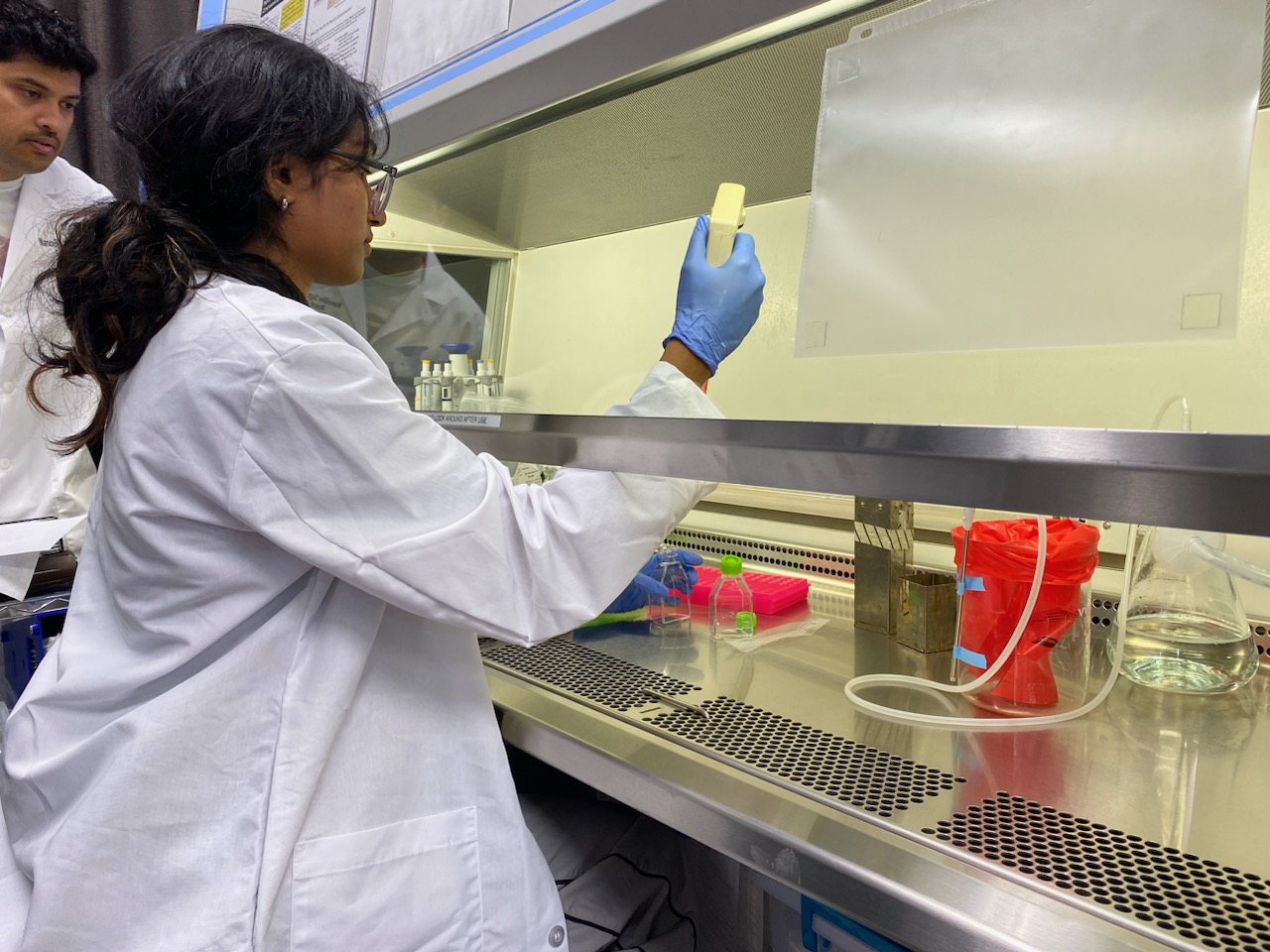
Suri expressed excitement over the trip. He hopes to be able to compare first-hand some of the differences between the U.S. and Japan’s biotechnology industries.
“I’m really excited to see how the workplace culture differs from the United States and how biotechnology development differs,” Suri said. “I’m very curious about how the scientific process and also the regulation of pharmaceuticals differs between the two countries. I think that those differences are going to be very revealing about the development of drugs and also about potential areas for improvement in our own regulatory environments.”
Keller also shared some of his hopes for the week-long trip. Not only is Keller looking forward to engaging with researchers in Japan, but he is also excited for the experience of traveling to a foreign country with the group.
“We’re all super excited to go,” Keller said. “We still can’t believe this is happening. Every day we have blocked off to do something with different researchers in Japan, but we’ll be sure to have a lot of fun in Japan too.”

